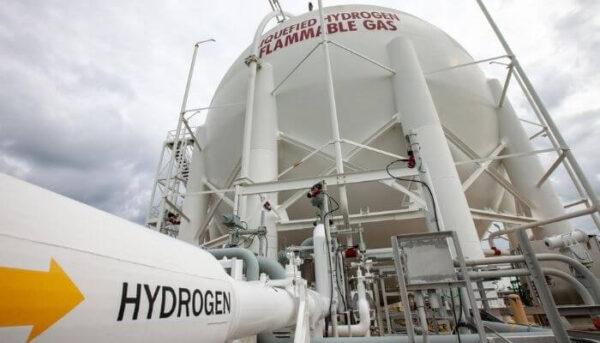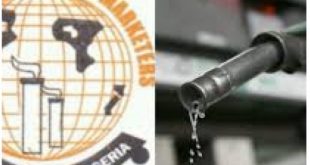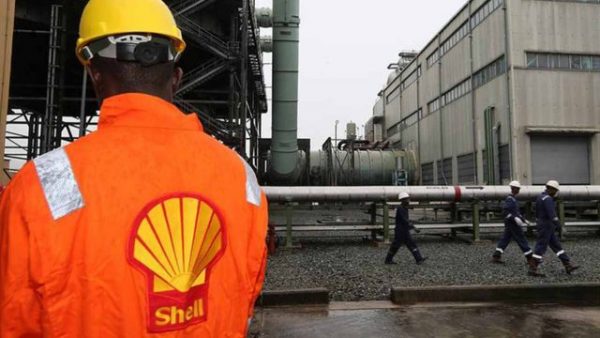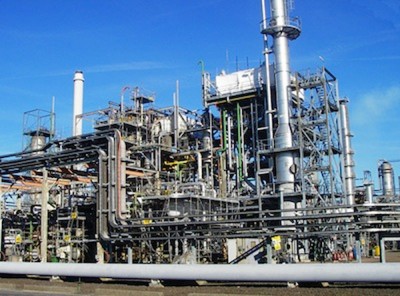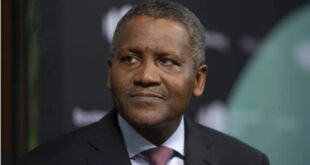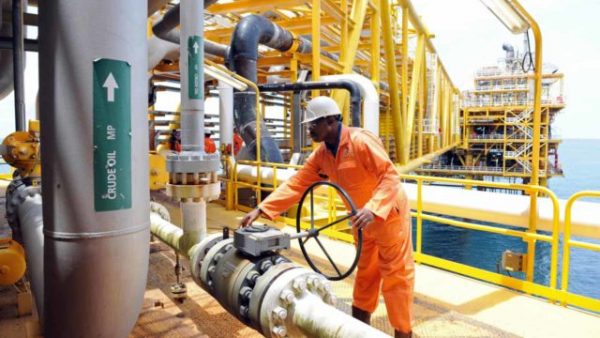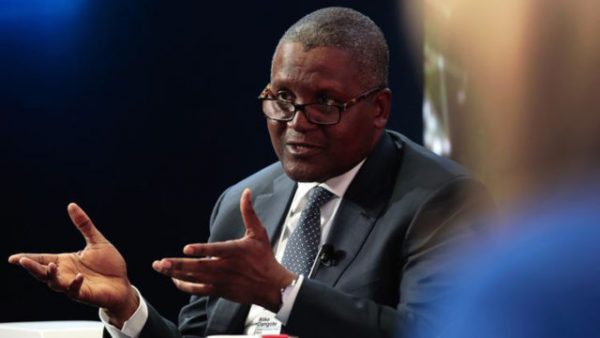The dawn of liquefied hydrogen is underway as the first shipment of the super-chilled fuel has left Australia for the Japanese port of Kobe, in what could become a game-changer for the energy industry.
To achieve this feat, Australia and Japan committed $351 million to create a hydrogen supply chain between the two countries. This includes the construction of the world’s first purpose-built liquefied hydrogen carrier called the ‘Suiso Frontier’.

This brings back memories of the ships Elizabeth Watts, which carried the world’s first ocean-going oil cargo in 1861, and the Methane Pioneer, responsible for moving the first LNG shipment in 1959. More than that, it signals that hydrogen can no longer be treated as a suggestion.
“This is kind of like a history-making event, with the first international shipment of liquid hydrogen … for the purpose of trade between two countries,” Daryl Wilson, executive director of industry body the Hydrogen Council, told Net-Zero Business Daily.

As the climate warms and the world increasingly deepens the search for cleaner fuels, hydrogen could become even more significant.

According to the International Energy Agency, a Paris-based think tank advising European countries on their energy policies, global demand for low-carbon hydrogen needs to amount to 520 million metric tons (mt)/year by 2050 to help achieve net-zero emissions at the mid-century point.
A future global economy based on green hydrogen produced from renewable electricity is strategic for other reasons.
The International Renewable Energy Agency (IRENA), a 167-member intergovernmental organization established to promote renewable energy, says it could ease geopolitical tensions by diversifying energy supply sources across the globe, creating a vastly different trade map from the current one in a fossil fuels-dominated world.
With oil and natural gas resources controlled by a few countries, fossil fuels play a key role in determining geopolitical power and their trade associated with tensions.
The current tension between Russia and Ukraine could precipitate gas crises in Europe that will reverberate all the way to Africa if it goes awry. Since 2016, oil cartel OPEC and its allies have kept a pact that imposes quotas on their production to shore up prices and challenge shale producers for market share.
The IRENA has argued that more green hydrogen in the energy mix could reduce conflicts between countries as renewable energy resources are much more evenly distributed.
“It is green hydrogen that will bring new and diverse participants to the market, diversify routes and supplies and shift power from the few to the many,” Francesco La Camera, director-general IRENA, said in a statement accompanying the report. “With international cooperation, the hydrogen market could be more democratic and inclusive, offering opportunities for developed and developing countries alike.”
But it could precipitate crises in the economies of countries that depend solely on fossil fuels – like Nigeria.
In Nigeria, crude oil alone accounts for 40 percent of the GDP, 70 percent of budget revenues, and 95 percent of foreign exchange earnings. Experts say the government has not done enough to diversify export earnings.
The push to develop hydrogen is borne out of a desire by other countries to reduce their dependence on energy imports by producing and using more green hydrogen at the expense of fossil fuels.
“Hydrogen can reduce energy import dependence by substituting domestic resources for imported ones. If local wind, solar, hydro, biomass or geothermal energy sources are tapped to produce hydrogen, energy security would rise to the extent imported fuels are displaced,” said the IRENA.
Shipping hydrogen on a scale through seas is critical to realising this vision. European and Northeast Asian countries will seek large quantities of hydrogen from overseas suppliers as they cannot produce sufficient volumes to meet domestic demand, according to a forecast by IRENA.
Nigeria faces existential threats even as the public sphere is dominated by arguments over eliminating wasteful subsidies on imported refined petrol.
“The decision to postpone by 18 months means the perennial challenges facing Nigeria’s downstream sector will continue. We should not expect any kind of major investments this year,” Olumide Adeosun, chairman, MOMAN, said at a press conference in Lagos, last Monday.
Oil production has dwindled badly that the country is unable to meet its OPEC quota. International Oil Companies are seeking to divest from their onshore assets prone to sabotage and communal disturbance and moving investments to other climes.
The petroleum industry law has done little to galvanize investments into the sector as improved fiscal terms have not eliminated uncertainties. New attempts to tinker with the law to accommodate subsidies, analysts say, will further deter investors.
However, hydrogen development at a commercial scale still faces daunting challenges. In liquid form, hydrogen needs to be stored in tanks at minus 253 degrees Celsius—just 20 degrees above absolute zero—to avoid evaporation. LNG, often described as a super-chilled fuel, only needs to be cooled to minus 162 degrees Celsius for shipping and storage.
According to the IHS Markit report, when constructing the Suiso Frontier, the pilot vessel for the Hydrogen Energy Supply Chain (HESC) project, Kawasaki Heavy Industries (KHI) had to install a double-walled, vacuum-insulated tank with a capacity of 1,250 cubic meters (cu m) for this purpose. This is added cost that could impact efforts to scale.
Aside from the vessel, the supply chain includes a demonstration plant that produces hydrogen gas from biomass and brown coal in Victoria’s Latrobe Valley via gasification, a 0.25-mt/day liquefaction plant in Hastings, and land-based transportation and storage facilities in Japan and Australia.
The project operators are AGL, Sumitomo, and the CO2-free Hydrogen Energy Supply-chain Technology Research Association (HySTRA)—established by KHI, Shell, J-POWER, Marubeni, ENEOS, and K-Line.
 MMS PLUS NG – Maritime, Aviation, Business, Oil and Gas News Online Newspaper with coverage in Maritime, Oil and Gas, Aviation, Power and Energy as well as Financial News
MMS PLUS NG – Maritime, Aviation, Business, Oil and Gas News Online Newspaper with coverage in Maritime, Oil and Gas, Aviation, Power and Energy as well as Financial News

